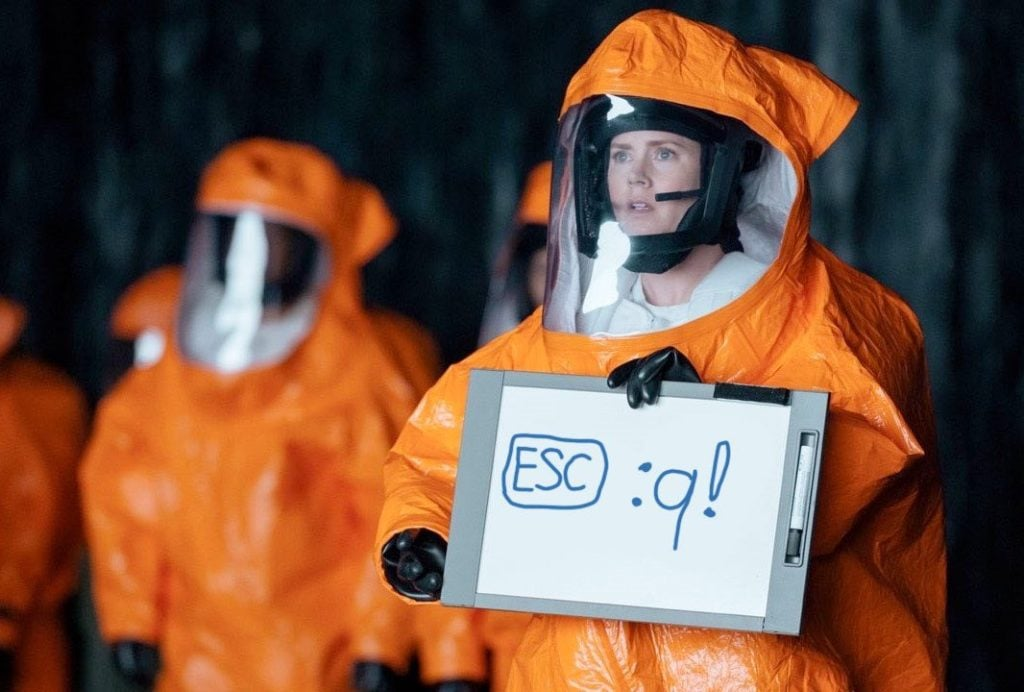At the end of WW2 most of the world's major economies were in shambles, with a lot of international debt outstanding. Political leaders wanted to do something to handle that in order to head off what had happened after WW1, when international debts were defaulted on and countries started manipulating their markets to gain advantages over each other. The economic mess after WW1 had contributed to the making of WW2; being able to avoid any kind of a repeat was a priority.
So in 1944 economists and policymakers from 44 different nations, including every Allied nation, got together in Bretton Woods, New Hampshire, to work out some kind of agreement about how the world economy would work after the war ended.
The agreement they came to was that all the nations would establish fixed exchange rates with each other, and all nations had to agree to maintain convertibility of their currency to U.S. dollars. U.S. dollars, in turn, would always be convertible to gold at a certain rate. The agreement also established the International Monetary Fund and (what became) the World Bank to maintain this system and to provide a means of cooperation between the countries.
The representative from the U.K. (Keynes) wanted the system to be based on a made-up currency, but the U.S. threw its weight around and made it the dollar.
The system worked because of the economic dominance of the United States. You could count on the dollar. But it also meant that the United States had to be putting money out into the world, so that other nations had dollars with which to trade. The United States had to maintain a "balance of payments" deficit with the world. One way to do that would be to buy a lot of stuff from other countries and thus make dollars flow out, but we didn't want to do that because we had a strong economy; we produced stuff here and didn't need to buy it elsewhere. So the U.S. decided to just start donating money to other nations. Here you go Europe: a blank check to help you rebuild from the war. Here you go Asia: money to help feed your poor. And so on. We were fine with that because that money bought influence. The U.S. gained some say over how other nations did things.
This all started to break down when our position drew us into Vietnam. We were financially supporting South Vietnam when the North Vietnamese started fighting it, and so we got involved. First under JFK, then LBJ, then Nixon. We ended up spending over $130 billion in Vietnam ($1 trillion in today's money). Add to that LBJ's Great Society, which increased domestic spending. This all added to America's debt, which began to impact the strength of the dollar and our ability to give money away to the rest of the world.
Here we are, printing money... but remember that we've agreed that dollars would always be convertible to gold at a certain fixed rate. The amount of dollars in existence was going up but the amount of gold was not. Or not as fast, anyway, and so it became harder and harder to keep that gold promise. France, having always been skeptical of America's dominance of the system, literally sent a warship to New York to retrieve its gold in August of 1971. They got it, but they were the last to do so. Nixon realized that the end was nigh for Bretton Woods and declared an end to the gold standard a few days later.
================================
When Nixon ended the gold standard in 1971 the dollar quickly devalued and it started a period of high inflation. OPEC embargoed the US starting in late 1973, in retaliation for American support of Israel. The embargo and reduced output from OPEC caused recessions in other parts of the world, leading to tension between the US and some of its allies, who faulted the US for provoking the embargo.
Enter: the "petrodollar".
Once the embargo ended the United States and Saudi Arabia, OPEC's biggest member, worked out a deal. The deal was that OPEC would export oil only in dollars, keeping our buck on top post-Bretton Woods, and in return the United States would provide weapons and military assistance to the Saudis.
It kept us on top. You have to have dollars if you want to buy oil, to this day, and you have to get dollars from the US, ultimately. In 2000 Saddam Hussein decided to start selling Iraqi oil in euros. By 2003 5% of the world's oil was produced by Iraq and was being sold in euros. Which... was right about the time a WMD mirage appeared somewhere in the Iraqi desert and the United States started shooting bullets its way. Maybe there was a connection.
The petrodollar is still the system today, though America's influence in the world seems to be changing, maybe even waning.

They're a bunch of fucking monkeys, jumping around like savages, scratching their armpits, and throwing shit at the walls. I don't want to live in a world where people so entirely lack a moral compass that they can cheer on murder as an outlet for their anger.